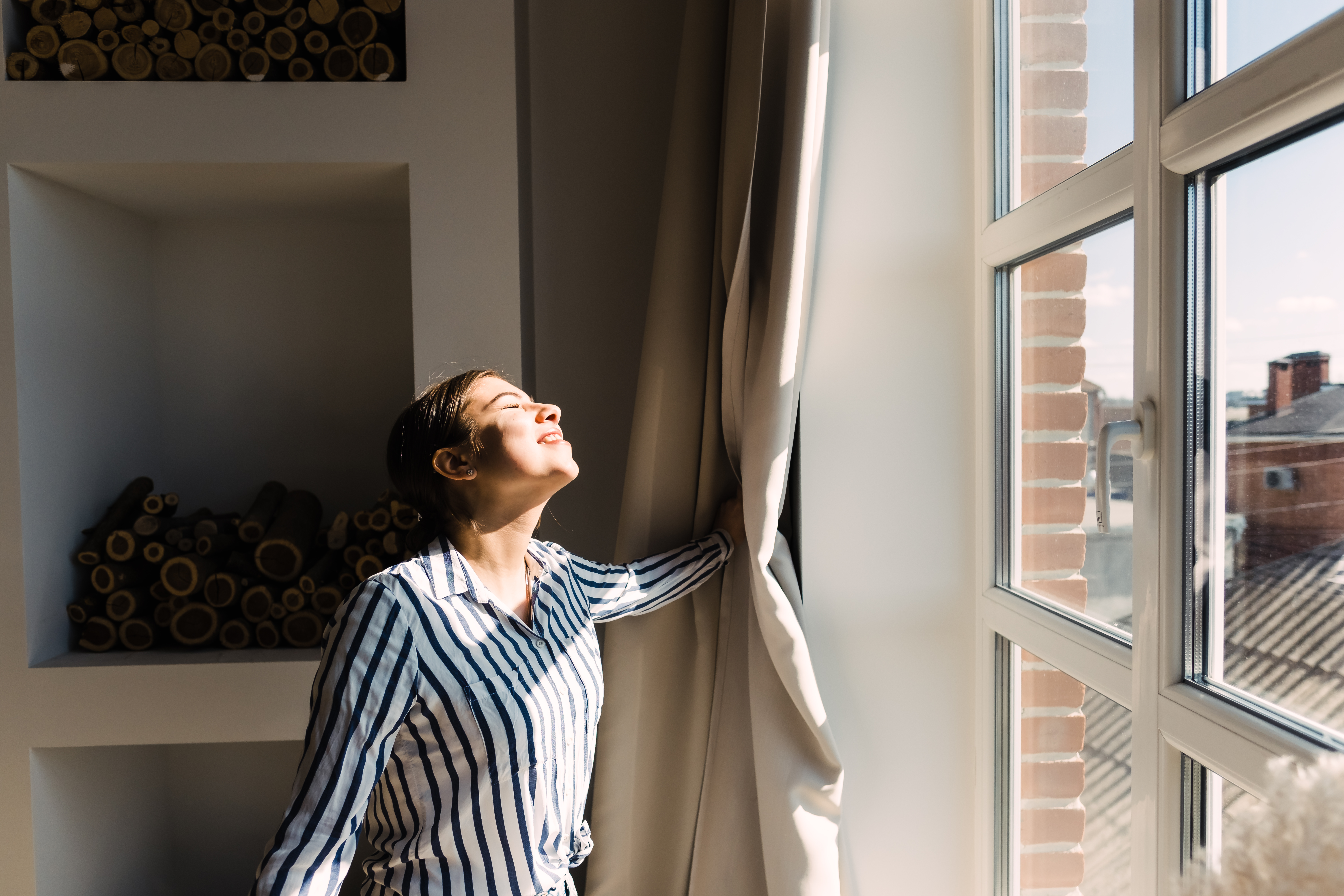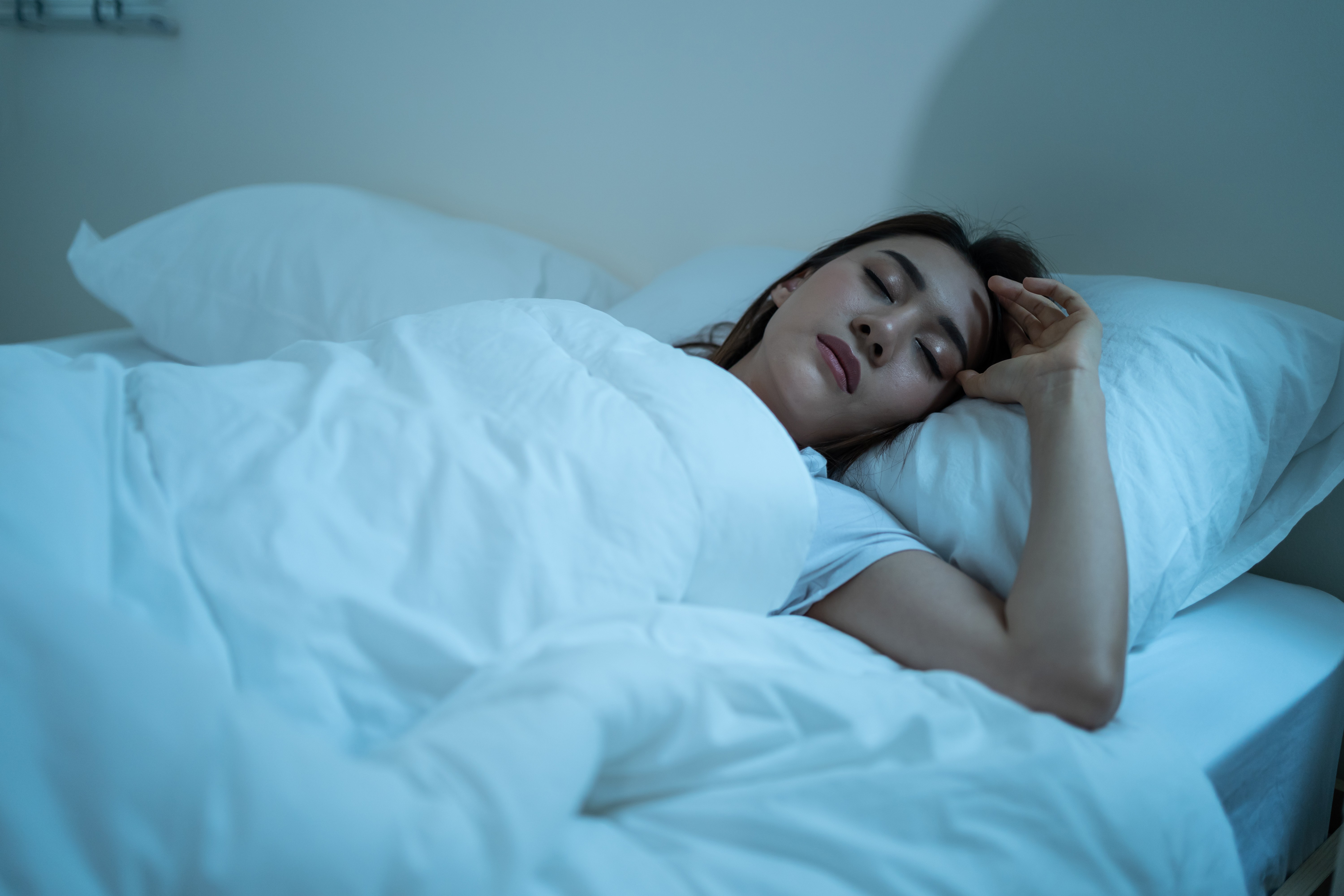12 Genius Hacks to Optimize Your Sleep for Peak Performance
In the relentless pace of modern life, sleep is often the first sacrifice, yet it's the ultimate performance enhancer. Far from a passive state, sleep is an active, intricate process vital for cognitive brilliance, emotional resilience, and physical recovery. Cutting-edge research consistently links quality sleep to sharper focus, elevated mood, and unparalleled efficiency in every endeavor. This article unveils 12 ingenious, often overlooked strategies to revolutionize your sleep, unlocking a level of peak performance you might never have imagined. By aligning your sleep habits with your body's innate rhythms and embracing these actionable insights, you'll discover sleep is not just a necessity, but your most potent secret weapon for success.
1. Circadian Code Unlocked: Harmonizing Your Internal Clock

Beyond merely going to bed at the same time, this hack is about deeply aligning with your body's master clock, the circadian rhythm. Consistent exposure to bright light in the morning signals wakefulness, while dimming lights in the evening cues sleep. Aim for natural light exposure early in your day and create a "digital sunset" at night, minimizing blue light from screens. This profound synchronization of your internal clock, even on weekends, reinforces a robust sleep-wake cycle, making it easier to fall asleep faster and achieve deeper, more restorative rest, fundamentally boosting your daytime vitality.
2. The Sanctuary Setup: Engineering Your Sleep Haven

Your bedroom isn't just a room; it's a critical component of your sleep quality. Optimize it beyond basic darkness and quiet. Aim for a temperature range of 60-67°F (15-19°C), crucial for core body temperature drop. Invest in breathable bedding materials like linen or bamboo. Consider strategically placed plants like snake plants for improved air quality, and use a white noise machine or even a subtle "pink noise" generator to mask unpredictable disturbances. Eliminating all light sources, even tiny LEDs, by using blackout curtains or an eye mask, signals true nighttime to your brain.
3. Fueling Your Slumber: Beyond Just Avoiding Caffeine

Nutrition dramatically impacts sleep, and it’s more nuanced than ditching late-night coffee. Focus on a balanced diet throughout the day, emphasizing whole foods. Incorporate magnesium-rich foods like leafy greens and nuts, and consider sources of tryptophan (like turkey or complex carbs) for serotonin and melatonin production. Crucially, time your largest meals earlier in the day to allow for complete digestion before bedtime. Avoid heavy, fatty, or spicy foods close to sleep, as these can trigger indigestion and keep your digestive system working overtime, disrupting your delicate sleep architecture.
4. Movement & Rest: Timing Your Exercise for Deeper Zzz's

Regular physical activity is a powerful sleep aid, but timing is everything. Vigorous exercise too close to bedtime elevates core body temperature and stimulates adrenaline, making it harder to wind down. Instead, aim for moderate to intense workouts at least 4-6 hours before sleep. Morning workouts or early afternoon sessions are ideal for promoting deeper sleep stages later. Even light activities like a gentle evening walk can be beneficial, helping to release tension without overstimulating. Listen to your body and adjust intensity and timing to find your personal sleep-enhancing exercise sweet spot.
5. Digital Dusk: Architecting Your Tech-Free Wind-Down

The blue light emitted from screens suppresses melatonin, but the problem extends beyond light. The stimulating content from phones, tablets, and TVs (news, social media, work emails) keeps your brain wired. Institute a strict "digital sunset" at least 60-90 minutes before bed. Move all charging devices out of your bedroom, creating a tech-free sanctuary. Replace screen time with activities that promote relaxation: reading a physical book, light stretching, listening to calming music, or journaling. This intentional digital disconnect signals to your brain that it's time to shift into rest mode.
6. Mind Games: Mastering Your Mind for Midnight Calm

An overactive mind is a primary sleep disruptor. Implement intentional mind-calming techniques into your nightly routine. Beyond general meditation, try a specific "thought download" – jotting down worries, to-dos, or creative ideas before bed. Practice progressive muscle relaxation, systematically tensing and relaxing muscle groups to release physical tension. Deep diaphragmatic breathing exercises signal safety to your nervous system. These targeted mental strategies shift your brain from a state of alert problem-solving to one of quiet receptivity, inviting sleep.
7. Strategic Siestas: Napping for a Performance Edge, Not Grogginess

Naps, when leveraged correctly, are potent performance multipliers, not signs of weakness. The "power nap" (10-20 minutes) is ideal for a quick energy surge and improved alertness without entering deep sleep, avoiding post-nap grogginess. For memory consolidation and creativity, a 90-minute nap allows for a full sleep cycle. Crucially, time your naps wisely, ideally in the early afternoon during your natural post-lunch dip. Napping too late can disrupt your nighttime sleep rhythm, creating more problems than it solves.
8. The Data Dive: Hacking Your Habits with Sleep Tracking

Move beyond just knowing how many hours you sleep. Utilize a sleep journal or a wearable tracker to gather actionable data. Track not just duration, but consistency, sleep onset latency (how long it takes to fall asleep), wake-ups, and even estimated sleep stages. Correlate this data with your daytime energy levels, food choices, exercise timing, and evening routines. This personalized insight allows you to pinpoint specific behaviors or environmental factors impacting your sleep, enabling you to refine your "hacks" for maximum individual effectiveness.
9. Scent Scape: Unlocking Calm with Olfactory Cues

Aromatherapy harnesses the power of scent to signal relaxation to your brain. Specific essential oils, like lavender, chamomile, or frankincense, have calming properties. Don't just diffuse them; consider a few drops on your pillowcase, a pre-bedtime warm bath with essential oils, or even a diluted topical application to pulse points. Consistency is key; over time, your brain will associate these specific scents with the wind-down process, creating a powerful conditioned response that primes you for deeper, more restorative sleep.
10. Gut-Brain Harmony: The Unexpected Sleep Connection

The health of your gut microbiome profoundly influences your sleep. Your gut produces neurotransmitters like serotonin, a precursor to melatonin, the sleep hormone. A diverse, healthy gut flora is crucial for this process. Incorporate fermented foods (kimchi, sauerkraut, kefir) and prebiotic-rich foods (garlic, onions, bananas) into your diet. Avoid processed foods and excessive sugar that can imbalance gut bacteria. Nurturing a healthy gut ecosystem can lead to a more robust internal production of sleep-promoting compounds, improving both sleep quality and overall well-being.
11. Light as Medicine: Optimizing Your Exposure for Rhythmic Sleep

Beyond just avoiding blue light at night, strategically using light throughout the day is a potent sleep hack. Flood your space with bright natural light within the first hour of waking – open curtains, step outside. This powerful signal tells your brain it's daytime, boosting cortisol naturally and setting your circadian rhythm. Conversely, ensure consistent dimming of lights (especially overhead, bright white lights) as evening approaches. Proper light hygiene throughout the 24-hour cycle is a fundamental, yet often overlooked, regulator of deep, restorative sleep.
12. Temperature Tune-Up: Beyond Just a Cool Room

Optimizing your core body temperature, not just the room temperature, is critical for sleep initiation and quality. Your body naturally cools down to fall asleep. Consider a warm bath or shower 60-90 minutes before bed; the subsequent cooling off period helps trigger sleep. Some even find benefit in specialized cooling mattresses or pillows. Conversely, avoid activities that raise core temperature too close to bedtime, like intense exercise or very hot drinks. Mastering this thermal regulation can significantly reduce sleep onset time and improve sleep depth.
Reclaiming Your Rest: The Ultimate Performance Edge

Sleep is not a luxury, but the fundamental bedrock of all human performance, from cognitive agility and emotional stability to physical prowess. As we've explored, optimizing your rest transcends simply logging hours; it's about a sophisticated dance with your body's innate rhythms, environmental controls, and mindful self-care. Each of these 12 genius hacks, whether it's fine-tuning your bedroom sanctuary, timing your meals, or embracing digital detox, acts as a powerful lever in your quest for peak output. By committing to these intelligent adjustments, you're not just getting more sleep – you're investing in a sharper mind, a healthier body, and an enhanced capacity to excel in every facet of your life. Make sleep your strategic advantage.
